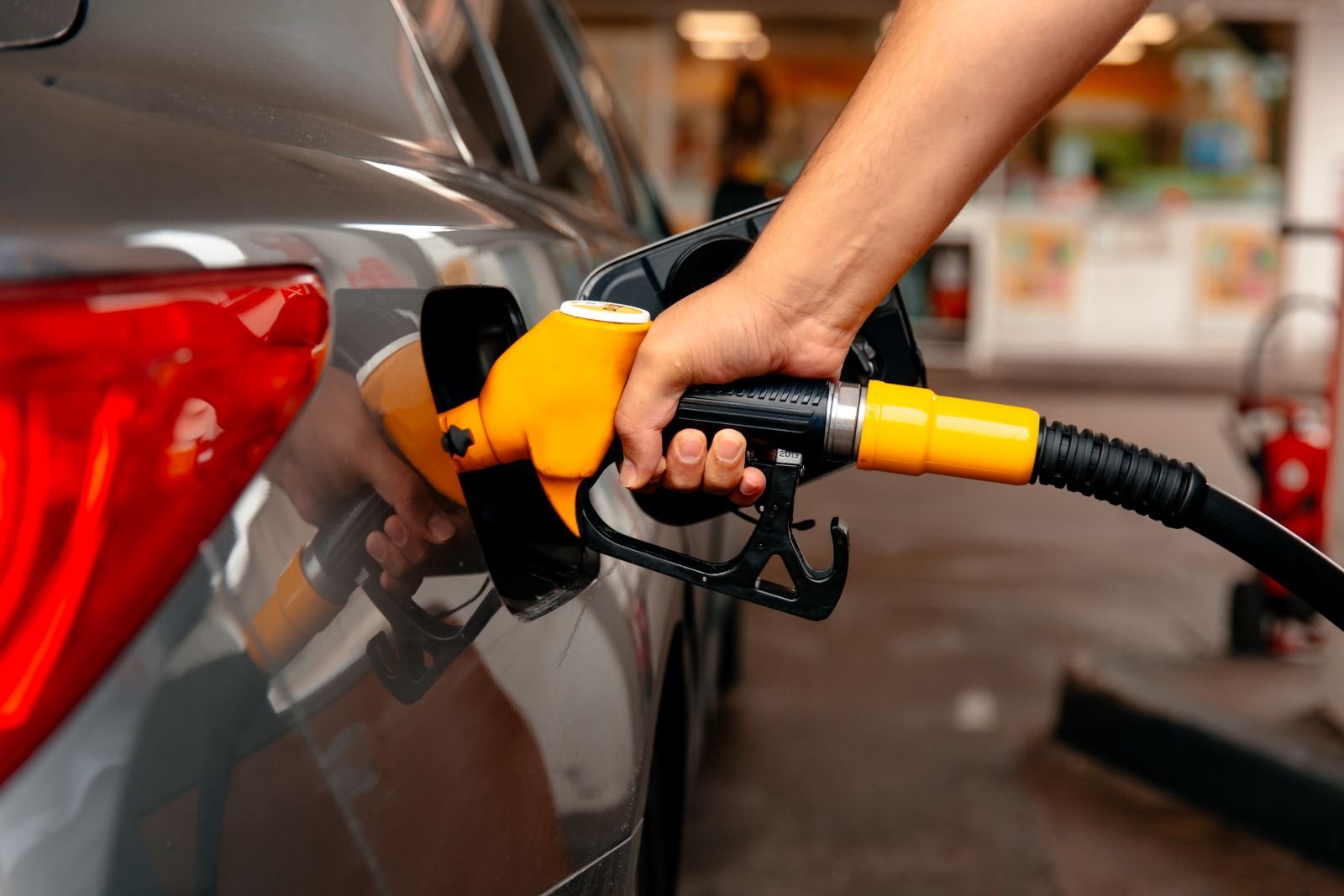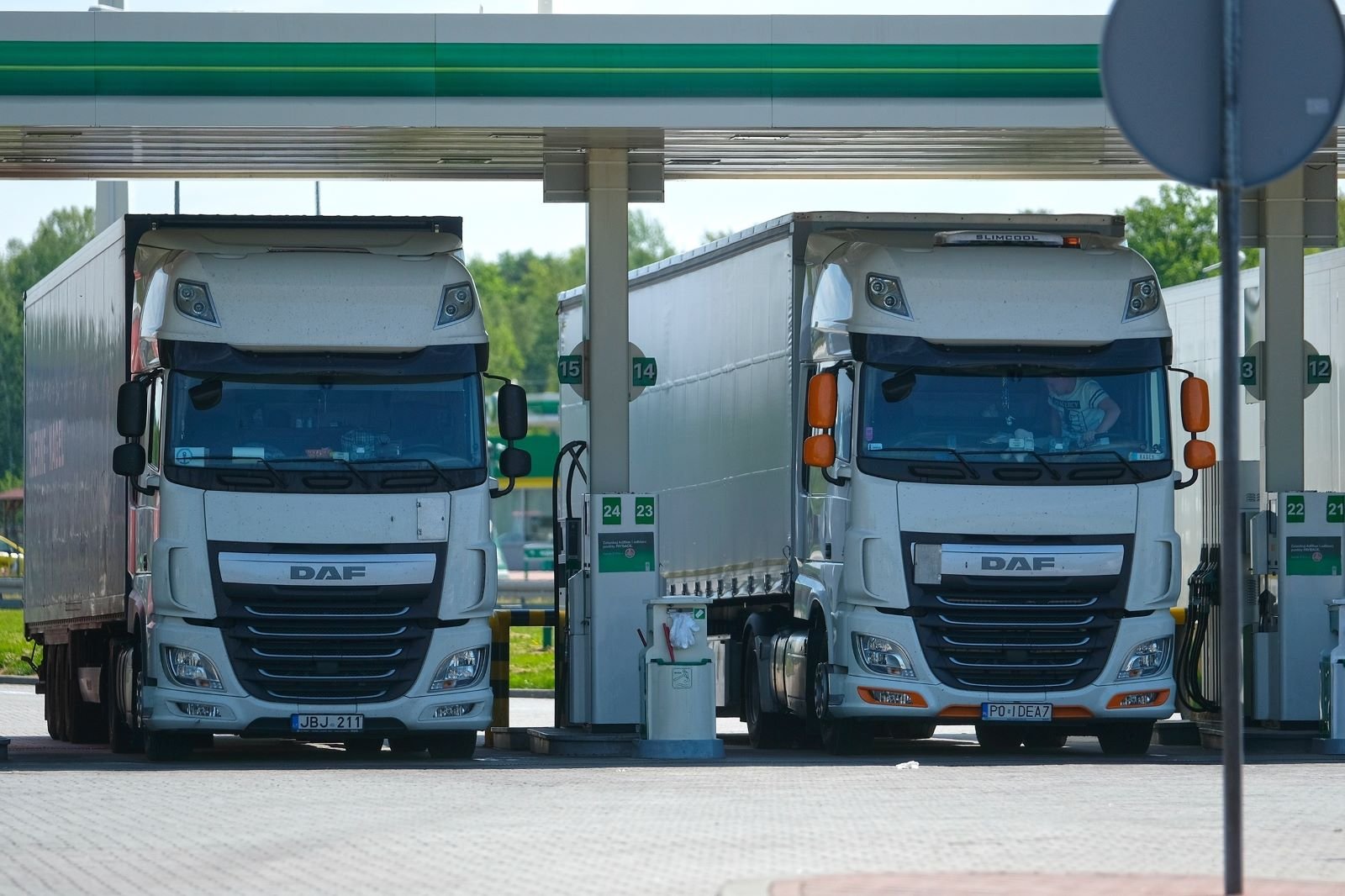Selecting the right fuel for your car involves more than just checking the octane level (the higher the octave level is, the more premium it is considered). Since 1995, US gasoline must contain fuel additives to keep engine components clean, boost power and efficiency, and reduce emissions. This new standard, called Top Tier, which avoids damaging organometallic additives, significantly enhances engine cleanliness and performance.
If a gas brand does not fall into the Top Tier, it is most likely bad for your car. In this post, we will discuss a few of those and more low-end brands that can ruin your car.
BP

BP or British Petroleum, once recognized as a Top Tier certified brand and considered reliable, lost its certification in late 2021. Despite being the fourth largest gas chain in the USA, BP is no longer guaranteed to meet high-quality standards, raising concerns about its gasoline’s reliability.
Safeway

Despite meeting various federal, state, and industry standards, Safeway is not surprisingly Top Tier certified. This lack of certification suggests that Safeway’s fuel might not be as clean as other brands, potentially causing engine deposits and affecting performance over time. Although the fuel is safe for use and meets minimum standards set by authorities like the AAM, it is not on par with more renowned brands in terms of cleanliness and could lead to long-term engine issues.
7- Eleven

Many people are unsure if 7- Eleven gas is Top Tier certified. Although 7-Eleven sometimes sources its gas from top tier certified suppliers like Conoco, this doesn’t guarantee uniform quality across all stations. With over 9,000 locations in the USA, their stations typically use the same fuel as other gas stations, but because they operate independently, not all locations offer top-tier gas, making them unreliable.
Circle K

Circle K was once certified by Top Tier for fuel quality but was removed from the list in 2019, indicating a decline in quality. After separating from a franchise with major companies like Shell, Phillips 66, and Exxon, and rebranding, Circle K was dropped from the list. The fuel still contains detergents, so it’s not the lowest quality, but it’s not premium either. Circle K does not disclose the refinery or specific type of gas it uses, making its fuel unbranded.
There were also concerns about their customer service and the cleanliness of their stores, detracting from the consumer experience. Like many gas stations, Circle K primarily sells fossil fuels, which may not appeal to environmentally conscious customers looking for greener alternatives. Additionally, some customers find Circle K’s prices higher than other local options, prompting them to look for more affordable fuel sources.
Amoco

Even though Amoco and BP merged in 1999, gas stations still operate under the Amoco name, which might confuse those trying to avoid BP products. Amoco gasoline, which lacks detergents, is not Top Tier certified and may lead to increased engine buildup.
Despite claims of using the same formula as BP, including the Invigorate additive, which is supposed to meet Top-Tier standards, Amoco has been dropped from the list.
Alon

You might avoid Alon USA when buying gas, especially in states like Texas, Oklahoma, Louisiana, Colorado, New Mexico, Arizona, or Arkansas. Alon isn’t as well-known or considered high quality, lacking Top Tier certification. This means it’s not ideal for regular use, as it could cause engine deposits after driving about 4,000 miles. Owned by Delek USA, Alon also supplies fuel to other independent stations, another reason to steer clear of their gas.
RaceTrac

RaceTrac is a widely recognized fuel, convenience, and retail chain primarily found in the southeastern U.S. RaceTrac isn’t Top Tier certified, and its gasoline is often considered low quality by many drivers. Their gas can cause cars to frequently stall or run slowly, even with a full tank. Due to its adverse effects, some drivers have had to pay for mechanical services to remove the gas from their vehicles.
Love’s

Love’s primarily serves trucks and focuses on diesel fuel, which might not appeal to those looking for eco-friendly fuel choices. Additionally, Love’s prices can be higher than other gas stations in some areas, possibly driving budget-conscious consumers to fuel up elsewhere.
Sheetz

Sheetz gas stations are in several states, including Pennsylvania, Ohio, West Virginia, Maryland, Virginia, and North Carolina. It offers inexpensive gasoline, which may contain ethanol and is not suited for all vehicles due to its lower quality. Although Sheetz uses detergent additives, sources its gas from major refineries, and will cover repairs if its gasoline damages your car, its fuel is not Top-Tier certified.
No-name Brands

Across the U.S., many independent stations operate without a national brand name, and their fuel quality can be unpredictable since it’s unclear where they get their fuel or if it contains any engine-protecting additives. These stations are usually found off the beaten path or in secluded areas and might not offer consistent fuel quality.
These stations may buy their gasoline from different suppliers, resulting in variable quality. Although occasionally using these stations won’t damage your engine, relying on them regularly is risky.
Speedway

Speedway is ranked among the less recommended gas brands because it is not Top Tier certified, and many stations use a 10% ethanol blend. Although Speedway sources its fuel from reputable refineries like Shell and Marathon and complies with EPA standards, the independent ownership of its stations means the origin of the fuel can vary from one location to another.
Speedway gas stations have faced criticism for their fuel quality, with customers reporting potential vehicle issues. The brand’s pricing is also seen as less competitive in some areas, which might turn away budget-conscious customers.
Kwik Trip

Although the company claims its gas meets Top Tier standards, it hasn’t been included on the official list. In 2022, customers observed that Top Tier certification stickers were removed from the pumps, a change attributed to the company’s additive supplier facing a shortage. Since then, Kwik Trip hasn’t returned to the list, suggesting a possible drop in quality.


